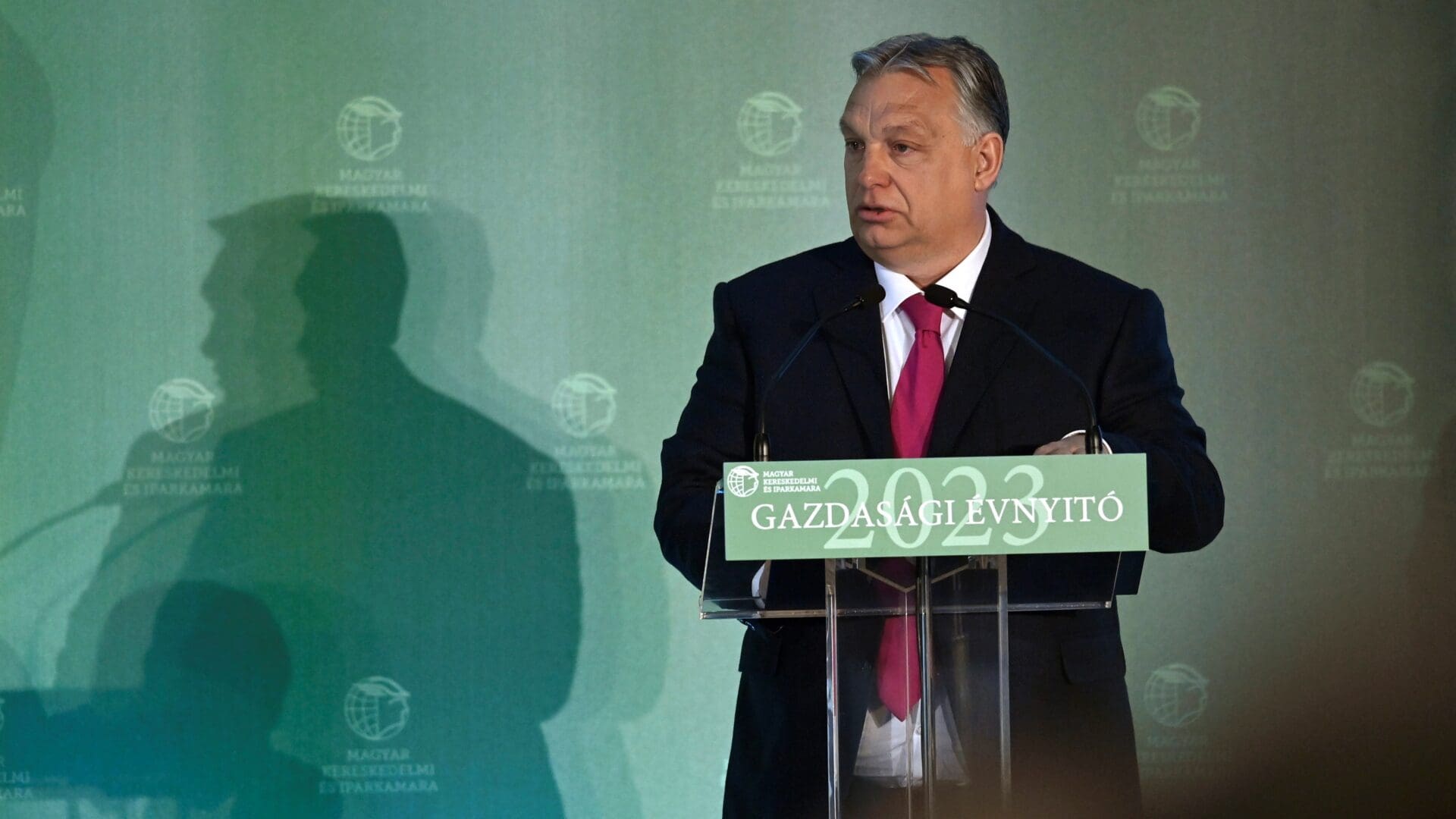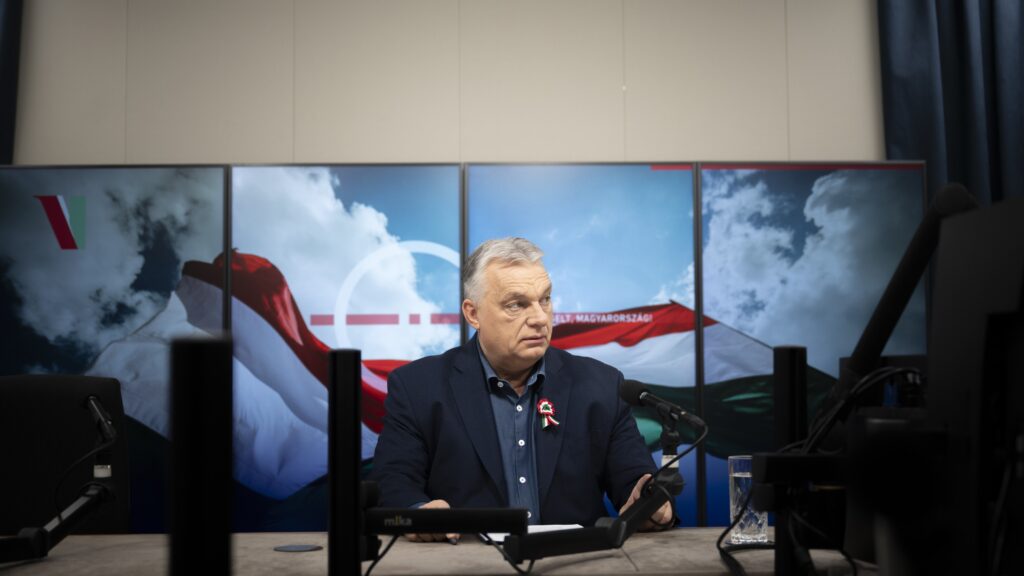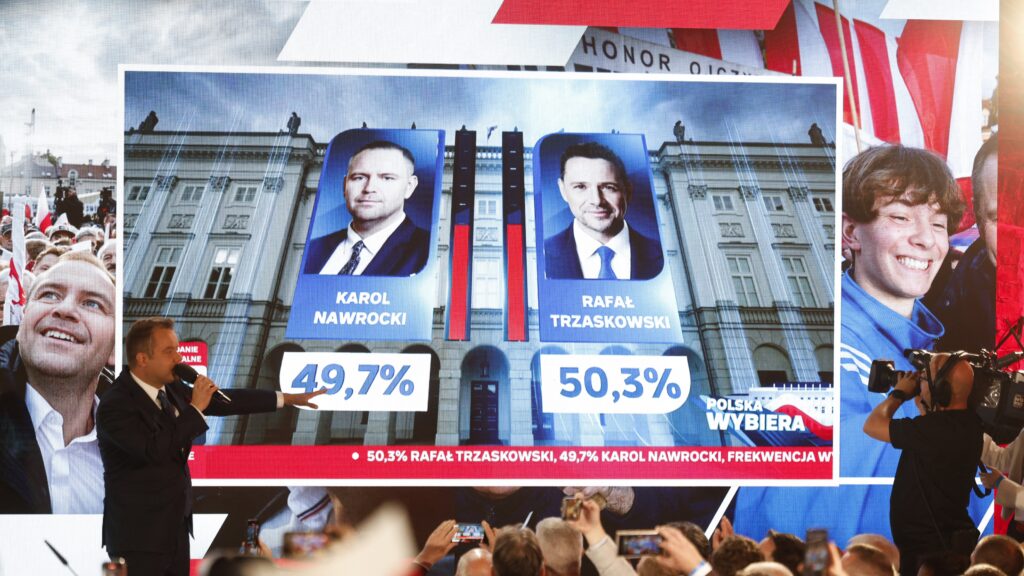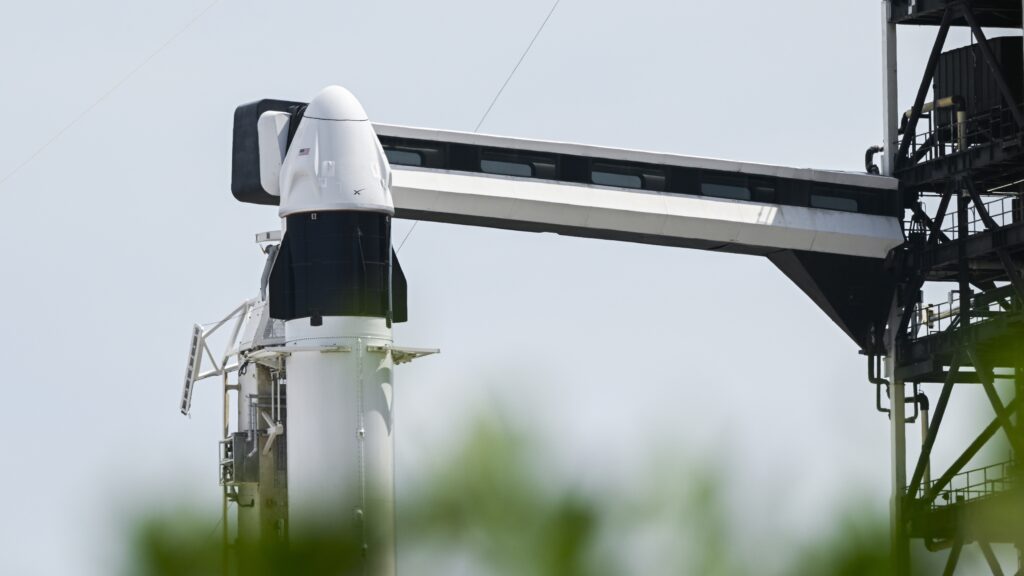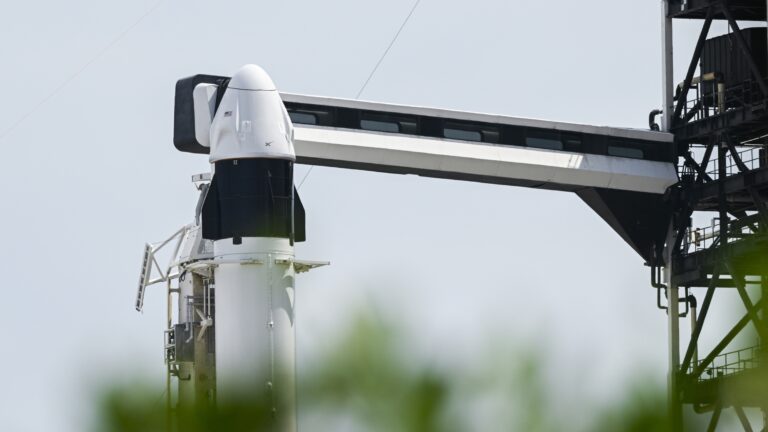Prime Minister Viktor Orbán spoke at the Hungarian Chamber of Commerce and Industry (MKIK) Economic Season Opening on Thursday.
He emphasised that in an election year, when budget deficits usually increase along with public debt throughout Europe, both have decreased in Hungary. He called it ‘foolishness, stupidity, and political malice’ to claim that the government has prioritised the elections over the country in 2022. He stressed that he personally takes pride in the fact that the economy grew stronger in a year when parliamentary elections were held, as it also happened in 2018 and 2014, and he commended the Finance Minister Mihály Varga for it.
Major Government Reshuffling Not Usually Done, Unless Absolutely Necessary
The Prime Minister said major cabinet reshufflings usually cause more disruption than benefit, and he does not typically make changes on the go. However, a restructuring of the government was necessary because it became apparent that sanctions had quickly increased energy prices. Dealing with that situation became a key issue for the country’s financial sustainability, and the energy sector could not be left solely to the responsibility of state secretaries in a larger ministry, so the establishing of an independent energy ministry was necessary. He stated that the quality of government decisions has improved since Csaba Lantos became minister and praised him as having been extremely active in his position.
As far as government subsidies are concerned, Viktor Orbán reassured everyone that the government had not become socialist, let alone communist.
The government remains committed to a strong market economy and private ownership,
as socialism has led only to failure in the past. Market financing is available only when entrepreneurs can obtain credit at a profitable interest rate, which is currently not possible. ‘We only intervene until market financing is fully restored, but this is not a coherent part of our philosophy. This is crisis management, not a change in direction.’
‘What Sounded Absurd A Year Ago, Is No Longer So’
Viktor Orbán said a major economic restructuring is happening on the continent. He reiterated that what had brought Europe economic success was Russia providing cheap energy and raw materials, combined with European advanced technologies. But those times are over, with Russia out of the equation; however, raw materials and energy are still needed, so one dependence has been replaced by another, the PM noted. It is also evident that what sounded absurd a year ago is no longer so–Ukraine is indeed a candidate for EU membership, and after the war, their NATO membership is also considered natural.
According to Viktor Orbán, this ‘restructuring’ means that
a Central European centre is emerging that was not really visible on the map before:
‘Poland and Ukraine form one region, with 60-70 million people, which is now larger than France.’ For Germany, it would be an economic challenge if they were to lose access to the huge economic potential of this region. ‘It may have sounded like a joke to Hungarian ears when the British said that the Poles would surpass England, but this is becoming a reality. This is also paired with a security policy concept, creating a new security zone. Europe’s power restructuring is taking place in multiple dimensions.’
The Prime Minister also remarked on how the Western world gives 50–55 billion euros every year solely to maintain the viability of the Ukrainian state. ‘We did it this year, but what about next year? Where will the money come from?’, the PM posed the question. He suggested that it is possible that if ‘we are not careful,’ the EU’s cohesion funds could end up in Ukraine instead of Hungary.
Hungary Will Need Workers, But They Can be Sourced Domestically
Viktor Orbán emphasised the importance of paying attention to the proportions of guest workers in the labour market. ‘Industrial policy estimates seem to be correct. Hungary will need 500,000 new workers in the next one or two years. This raises a lot of questions, and we need to be decisive. Economic rationality is only one aspect. If you have ever seen Western countries burdened with guest workers, you can see the dilemmas we face,’ the Prime Minister pointed out. Therefore, the government is focusing on mobilising internal reserves.
The government is focusing on Eastern Hungary, with the Debrecen-Nyíregyháza-Miskolc triangle being targeted for investment. Orbán said there are reserves in the regional context, adding that there is no such thing as Hungary’s economy, rather Hungarian economy. By that he meant that workers coming from Ukraine or Serbia should not be counted among the guest workers, at least not in the PM’s eyes, as they are also ethnically Hungarian, they are just living on the other side of the border.
Viktor Orbán emphasised that proportions are very important. ‘We cannot allow guest workers from certain countries to be brought in by some employers because they represent better labour than our Hungarian reserves.
Hungary belongs to the Hungarians, and jobs primarily belong to the Hungarians.’
According to Orbán, we must avoid the trap of Western Europe, which will require difficult and coordinated action. There, locals refuse to perform certain types of work, causing employers to outsource their jobs.
‘Hungary must be a country that can have Hungarians do all the work that needs to be done in this country. If it’s uncomfortable or difficult, we need to pay more for it. If we have exhausted all of these options, then we can talk about guest workers. They can stay for a definite period, and their employment can be terminated if necessary, otherwise, we will lose our security,’ the PM underlined.
Taxation and the Global Minimum Tax
Viktor Orbán made it clear that the government will keep taxes low. The important lesson for left-wing governments is that instead of focusing on tax collection efficiency, they impose new taxes, which impose a greater burden on taxpayers.
Regarding the global minimum tax, the Prime Minister said that after a long struggle, the government achieved ‘a slightly better draw than what the Black Knight declared.’ (Editor’s note: The PM was referencing the Black Night in the iconic film Monty Python.) The additional burden induced by the global minimum tax will not affect Hungarian companies, only the foreign ones, the PM pledged.
The Erasmus Controversy
Viktor Orbán commented on the controversy around the Erasmus+ and Horizon programmes, saying that by refusing to finance these programmes, the European Union is taking away the competitive advantage from Hungarian universities, not from the government. ‘The decision is not against the Hungarian government, but against the competitiveness of Hungarian universities, which we cannot accept. Therefore, even if no agreement can be reached with the EU, the government will finance the Erasmus programme.’
Gas Power Plants Set to be Built in Hungary
Viktor Orbán mentioned two main difficulties Hungary is facing: first, energy prices have risen. But this does not mean that Hungary should give up on its industrial capacities.
‘The economy starts from the given conditions, and we have industrial capabilities, outstanding skilled workers, engineers, IT professionals, and managers. We can come up with a different type of Hungarian economy, but the economy is made up of human capabilities.
We need to do what we are good at.’
The Prime Minister stressed that in order to solve the challenge, energy capacities must be created. ‘Imports may be uncertain, so we must produce [our own energy.] We are already doing alternatives, solar, and maybe some wind energy is coming too, but we still have gas. We will build gas power plants to serve the major industrial centres, and decisions have already been made. The EU does not prohibit this, and gas is not an enemy now.’
The government wants to take advantage of the ability to build gas power plants relatively quickly. Whether they will be built with state or private capital is yet to be decided. Two to three high-performance power plants are needed to supply the development in the eastern part of the country.
‘If the EU provides funding, they will finance it. If they do not, someone else will. Investors are willing to come from all over the world for this purpose’, the PM emphasised. One of the biggest events of the next one and a half years will be the creation of energy-generating capacities that will enhance and power Hungarian industrial polices.
Public Debt and the Position of the Central Bank
The second problem is the increasing interest burden on public debt, which must be financed. There is currently no direct danger from this problem.
He noted that there is a debate about economic policies now, for example, between the central bank and the government, but according to Viktor Orbán, this is not abnormal, just different from what we have seen in recent years. ‘We have been in an abnormal economic environment for the fourth year now, and disputes always arise in such times. It is unusual, but there is no need to snap at the central bank’ position,’ the Prime Minister said, referring to György Matolcsy’s recent remarks before the agenda in parliament, in which he criticised the government’s lack of budgetary discipline. Orbán jokingly remarked that the central bank governor is a ‘colourful personality’, adding that ‘it cannot be said that he is a boring speaker.’
On a more serious note, the PM stressed that the central bank wants to handle the situation differently from the government. According to Orbán, if inflation is a consequence of the increase in international energy prices and the sanctions policy, then
it is not certain that the available money supply should be reduced to this extent and at this rate.
The government and the central bank, however, are discussing the matter, he said. They have not yet come to a conclusion, but the coordination of monetary and fiscal policies is ongoing, the PM said, adding that ‘if the horses run in opposite directions, sooner or later the carriage ends up in the ditch, so it is an obligation to coordinate these moves.’ He reassured his audience that there will be coordination, because if the government’s policy against inflation is successful, and the first signs of that are already visible in the February figures, and inflation decreases in the coming months, then it will be easier to harmonise the central bank’s ideas designed to manage inflation with the government’s ideas.
The Issue of the Auto Industry and Battery Factories
Viktor Orbán underlined that
every Hungarian citizen has the right to a liveable environment.
The PM stated that in Hungary, the strictest possible regulations are applied with regard to investments, stricter than in Germany—referring to the environmental concerns raised in connection with the new battery manufacturing plants to be built in Debrecen. This is a disadvantage in terms of competitiveness, but an advantage in terms of safety, and it is worth paying for, he said.
‘What should our approach be to the automotive industry?’, Viktor Orbán asked, stating: ‘There is a technological change in this area, and the EU has made a decision that after 2035, traditional vehicles cannot be manufactured. The challenge is that if this change occurs and we cannot produce the essential vehicle components in Hungary, then they will be produced elsewhere, and our traditional car factories will slowly close down. We need to think about what Győr would look like without Audi, or Kecskemét without Mercedes. Those who advocate against the [car battery] factories do not know what they are talking about because they have not yet imagined Hungary without these automaking companies.’

